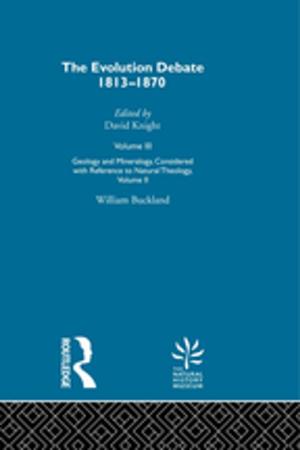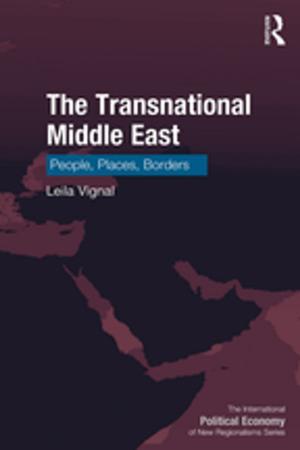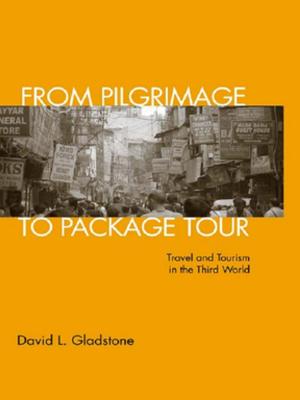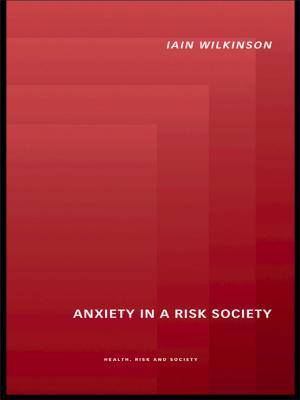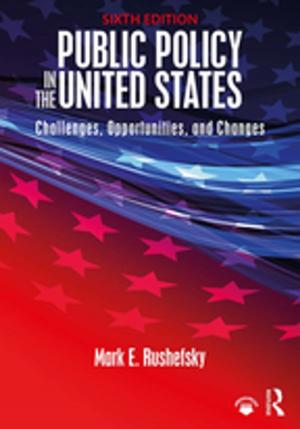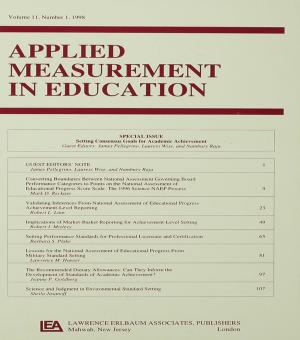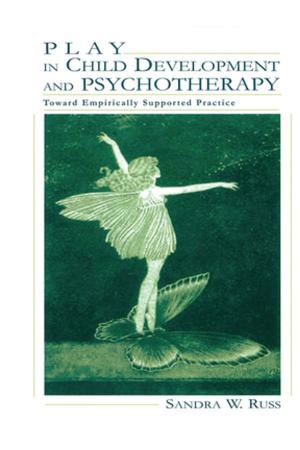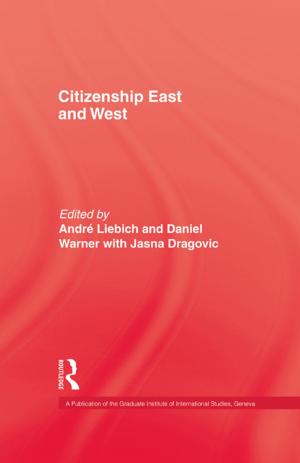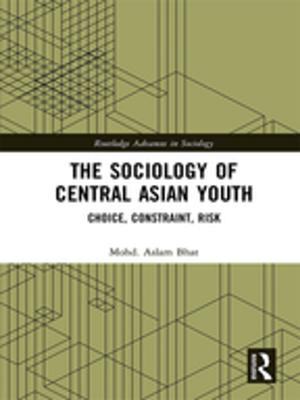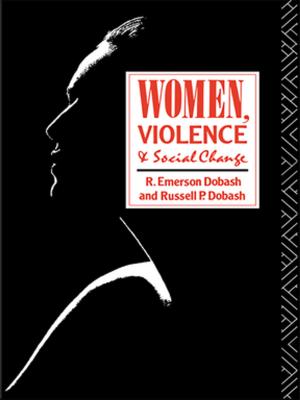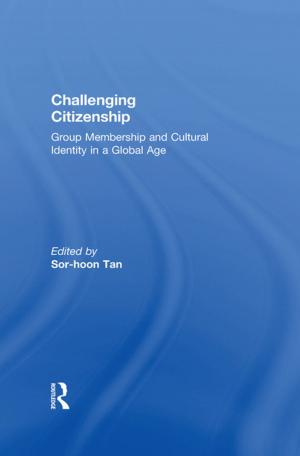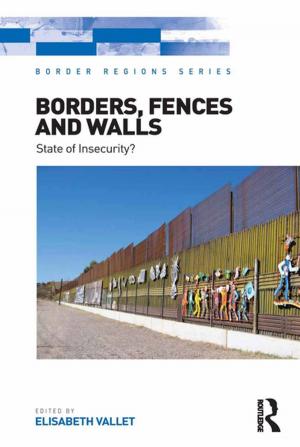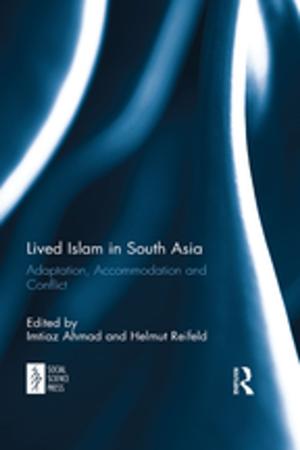| Author: | ISBN: | 9781317121381 | |
| Publisher: | Taylor and Francis | Publication: | April 22, 2016 |
| Imprint: | Routledge | Language: | English |
| Author: | |
| ISBN: | 9781317121381 |
| Publisher: | Taylor and Francis |
| Publication: | April 22, 2016 |
| Imprint: | Routledge |
| Language: | English |
It has often been remarked that law and religion have much in common. One of the most conspicuous elements is that both law and religion frequently refer to a text that has authority over the members of a community. In the case of religion this text is deemed to be 'holy', in the case of law, some, such as the American constitution, are widely held as 'sacred'. In both examples, priests and judges exert a duty to tell the community what the founding document has to say about contemporary problems. This therefore involves an element of interpretation of the relevant authoritative texts and this book focuses on such methods of interpretation in the fields of law and religion. As its starting point, scholars from different disciplines discuss the textualist approach presented here by American Supreme Court Judge and academic scholar, Justice Antonin Scalia, not only from the perspective of law but also from that of theology. The result is a lively discussion which presents a range of diverse perspectives and arguments with regard to interpretation in law and religion.
It has often been remarked that law and religion have much in common. One of the most conspicuous elements is that both law and religion frequently refer to a text that has authority over the members of a community. In the case of religion this text is deemed to be 'holy', in the case of law, some, such as the American constitution, are widely held as 'sacred'. In both examples, priests and judges exert a duty to tell the community what the founding document has to say about contemporary problems. This therefore involves an element of interpretation of the relevant authoritative texts and this book focuses on such methods of interpretation in the fields of law and religion. As its starting point, scholars from different disciplines discuss the textualist approach presented here by American Supreme Court Judge and academic scholar, Justice Antonin Scalia, not only from the perspective of law but also from that of theology. The result is a lively discussion which presents a range of diverse perspectives and arguments with regard to interpretation in law and religion.

